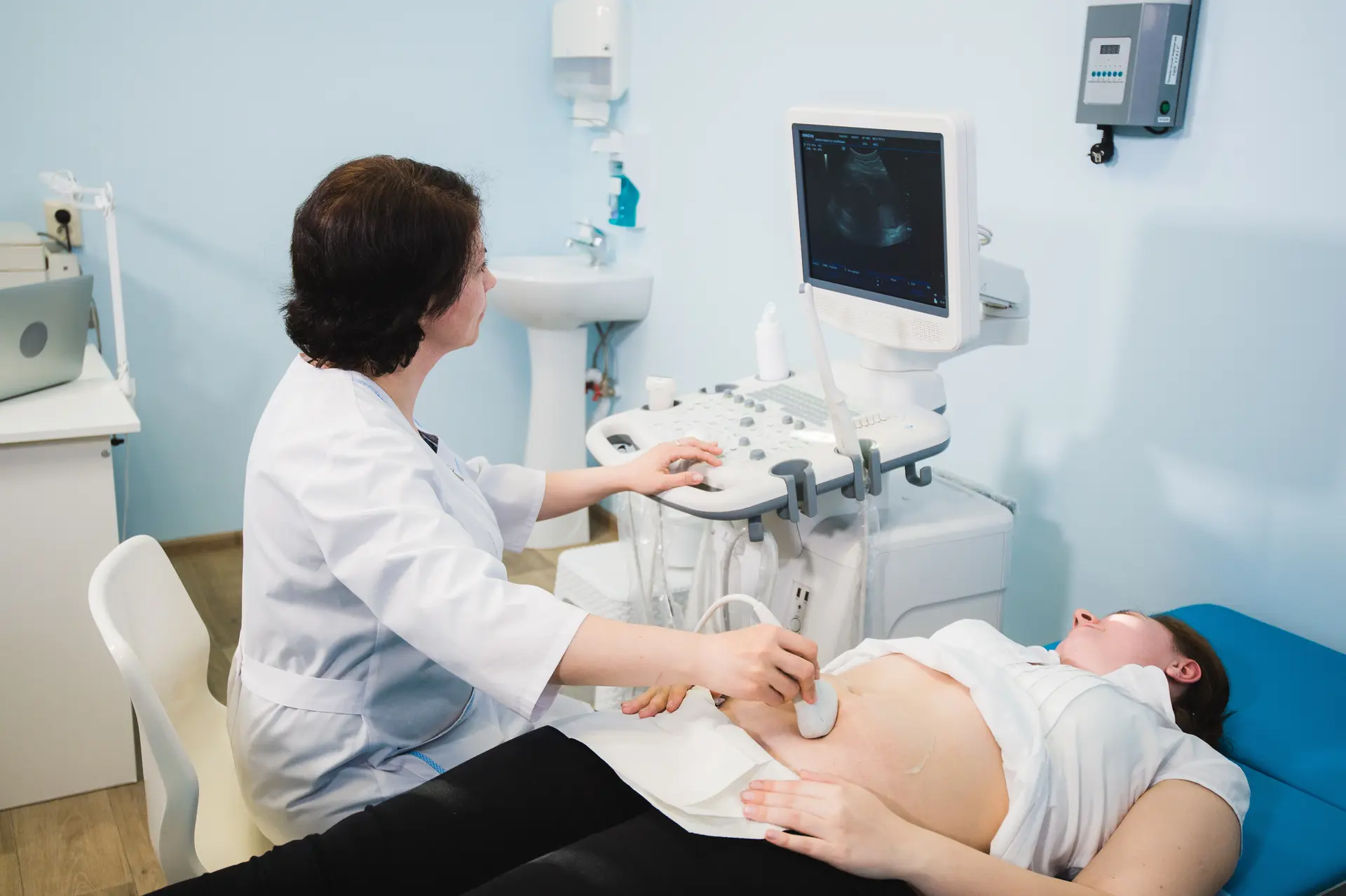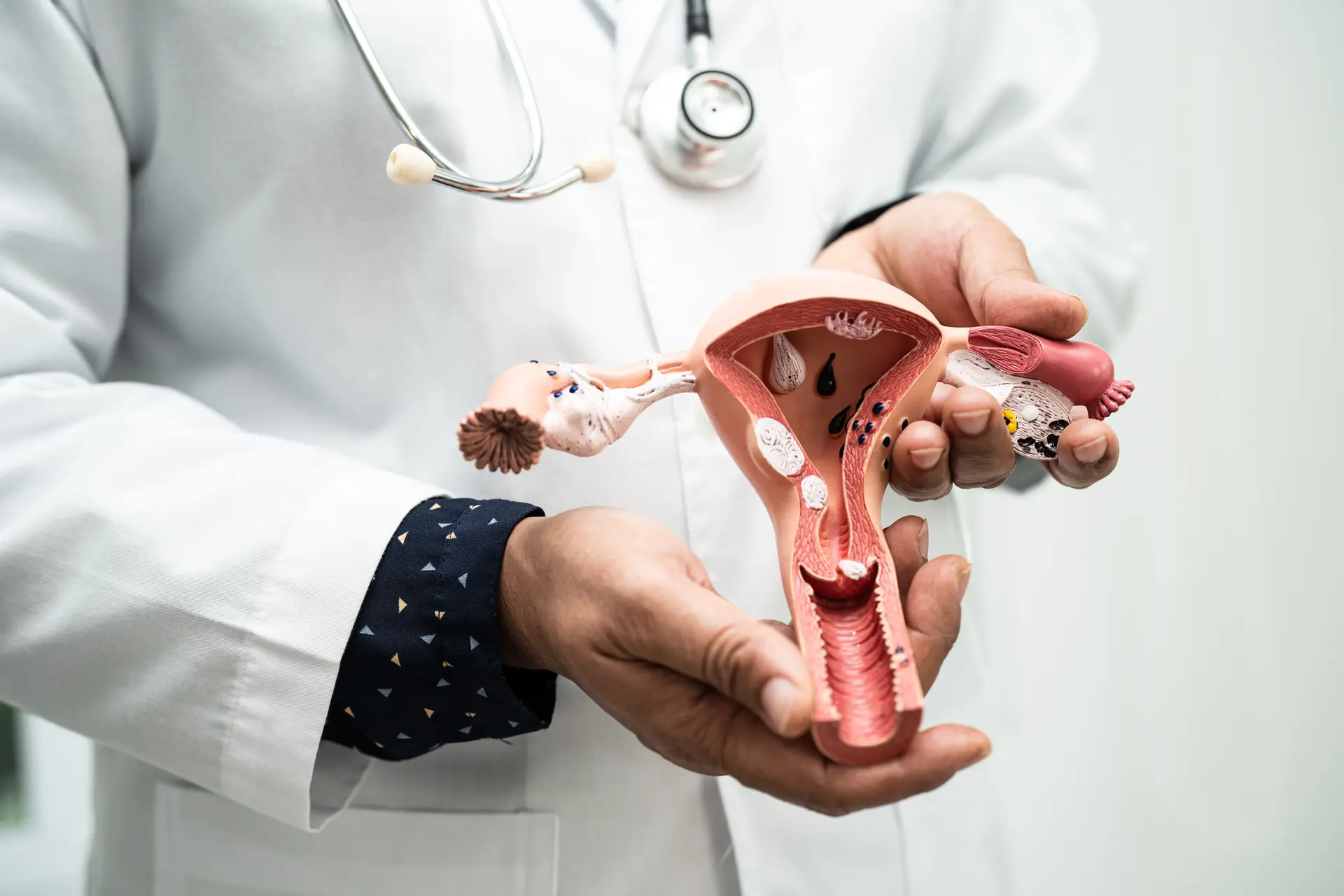Ways to Treat High Blood Pressure If You Have Diabetes
There is a strong link between diabetes and high blood pressure or hypertension. Not only do they share several risk factors and causes, but diabetes may even contribute to high blood pressure. Additionally, insulin resistance and high blood glucose levels can lead to conditions that cause high blood pressure. Ultimately, these conditions can raise a person’s risk of heart disease, stroke, and other serious medical conditions. However, both can be managed through lifestyle changes and prescription medication recommended by your healthcare professional.
The connection between diabetes and high blood pressure
The link between diabetes and high blood pressure is relatively direct. Many people have both conditions as people with diabetes are twice as likely to develop high blood pressure than those who don’t. This is evidenced due to the fact that diabetes and hypertension have similar effects on blood vessels. High blood sugar levels from diabetes damage the blood vessels and high blood pressure also does this by increasing the stress or pressure on blood vessel walls.
Blood vessels narrow when stressed and damaged, and that can affect blood flow throughout the body. Because of this, both diabetes and hypertension can lead to other health issues, such as kidney problems, heart attacks, and stroke, amongst others.
How to treat high blood pressure if you have diabetes
Eat well
If you have diabetes, you will have received plenty of advice about a healthy diet. The health benefits are tenfold. A balanced diet can lower cholesterol and help you manage your weight. Good nutrition provides your body with plenty of vitamins, fibre, and minerals which help prevent certain diseases.
Lose excess weight
If you are currently overweight, losing excess weight can make a huge difference. So much so that blood pressure can fall by up to 2.5/1.5 mm Hg for every excess kilogram which is lost. In addition, losing weight has other health benefits too.
Physical activity
Aim to do some physical activity five or more days a week and for at least 30 minutes. You can choose from a variety of different cardiovascular exercises, such as walking, jogging, swimming, cycling, and even dancing. You can choose whatever best fits into your lifestyle. Regular exercise can lower blood pressure in addition to giving other health benefits.
Reduce your salt intake
The amount of salt that you eat can have an effect on your blood pressure. In general, it’s recommended that we should consume no more than 6 grams of salt per day. Because of the types of food on offer every day, such as fast food, many people eat more than this. Instead, you can use different herbs and spices to flavour food and limit the amount of salt used in cooking. Additionally, you should choose foods that have ‘no added salt’ and avoid high-sodium processed foods as much as possible.
Reduce alcohol consumption
Too much alcohol can have disastrous effects on your body. Amongst a variety of conditions, excessive alcohol consumption increases blood pressure. If you do choose to drink alcohol, you should not drink more than the recommended amount. It is recommended that both men and women should drink no more than 14 units of alcohol per week. Limiting alcohol improves your health, including lowering blood pressure.
Quit smoking
Despite being bad for everyone, smoking is especially risky if you have diabetes. Nicotine makes your blood vessels harden and narrow, curbing blood flow around your body, much like high blood pressure.
Medication
Additionally, if you have diabetes, medication is usually advised if you have high blood pressure – 140/80 mm Hg or above. Even despite the changes mentioned above, some people may require medical intervention based on a professional diagnosis from a medical practitioner.
Bottomline
If you have diabetes, you’re at higher risk of developing high blood pressure. Both conditions can increase your risk for heart attacks and stroke. However, preventing and treating both diabetes and high blood pressure can be done through healthy lifestyle changes. This includes eating a healthy, balanced diet, exercising regularly, reducing alcohol consumption, and quitting smoking. But sometimes lifestyle changes are not enough to lower your blood pressure, so your healthcare provider can recommend various medications to help you manage your conditions.
For more information please contact Dr JP van der Wal, General Practitioner at Sunningdale Private Hospital.
Email: [email protected]
Tell: 018 011 5660
The Lenmed Group is a world-class group of Private Hospitals that brings quality healthcare to communities across Southern Africa.
Disclaimer: Any information contained here is merely a guideline. Always visit your healthcare practitioner for any health-related advice or diagnosis.
















